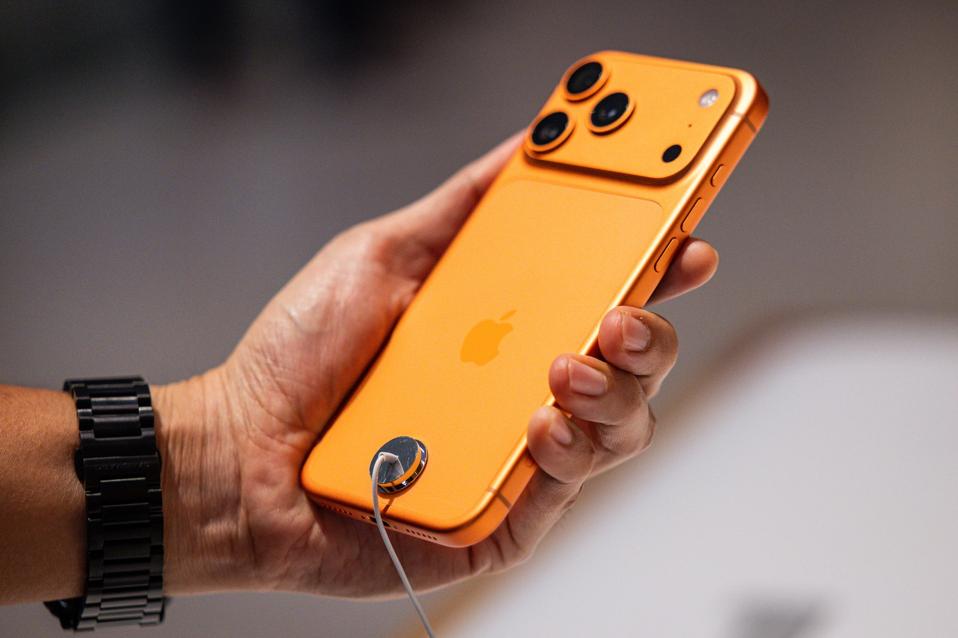Apple overtook Microsoft as the world’s second-most-valuable- company Monday after a stock rally fueled by heightened demand for the iPhone 17, the tech giant’s latest flagship model, pushed the tech behemoth’s market cap near the $4 trillion mark for the first time ever.

Key Takeaways
- Apple shares closed up 3.9% at $262.24 on Monday, marking the stock’s highest close of all time.
- Monday’s rally comes after a report from Counterpoint Research found the iPhone 17 outsold the iPhone 16 by 14% in China and the U.S. within its first 10 days of release (Sept. 19).
- U.S. and China sales for the base iPhone 17 model account for 22% of Apple’s newest offerings, up 31% from the iPhone 16’s initial 10-day sales.
- The iPhone maker’s stock is now up 5.9% in the last week of trading.
Big Number
$3.9 trillion. That is Apple’s market capitalization as of Monday afternoon, reaching above Microsoft’s $3.8 trillion market cap. Only Nvidia ($4.4 trillion) is more valuable.
Crucial Quote
“Buying this device is a no brainer, especially when you throw channel discounts and coupons into the mix,” Counterpoint senior analyst Mengmeng Zhang said in a statement, citing numerous feature improvements and the same price point as the iPhone 16 upon release. “Simply put, it provides extremely good value-for-money, and Chinese consumers are rewarding Apple for that.”
Key Background
Apple’s stock is up 5% since the start of the year, significantly lagging broader market gains. The company’s shares tanked to $172.42 in April following President Donald Trump’s sweeping tariff announcements. Apple, which is reliant on China for manufacturing, lost nearly $640 billion in market cap following the president’s decision. Apple managed to secure conditional tariff exemptions on iPhones and semiconductors from the Trump administration, committing $500 billion toward the administration’s push for bolstered domestic manufacturing. However, a larger trade war with Beijing is at risk of breaking out following Trump’s announcement of potential 100% tariffs against China. The U.S. already has a 30% tariff rate in place on China.
Look back on the week that was with hand-picked articles from Australia and around the world. Sign up to the Forbes Australia newsletter here or become a member here.
This story was originally published on forbes.com and all figures are in USD.


